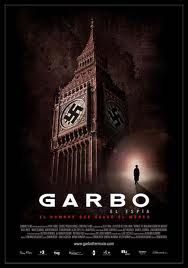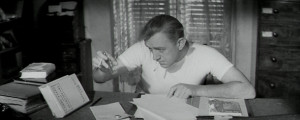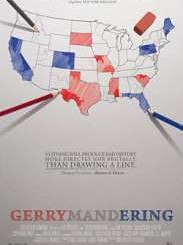 All wars are filled with stories that can only be told years or even decades after the conflict has ended. The incredible story of Juan Pujol, one of World War ll’s most masterful double agents, is just such a story.
All wars are filled with stories that can only be told years or even decades after the conflict has ended. The incredible story of Juan Pujol, one of World War ll’s most masterful double agents, is just such a story.
As unassuming Spaniard, Pujol offered his services to the British government as a spy in the early days of the war. Rebuffed due to his lack of any qualifications, Pujol turned around and offered his services to the Nazis. Much more receptive to his offer, the Germans stationed him in Lisbon, where Pujol quickly assembled a network of informants and began sending information back to his impressed controllers in Berlin.
But what his Nazi spy masters don’t realize is that the entire network that Pujol has constructed is a fiction. Pjujol has no agents working for him and the information he has sent them has been gleaned from newspapers and almanacs from the local public library. When Pujol shows the British what he has accomplished, they realize that they not only grossly underestimated the modest man but are being offered an incredible weapon to use against the Axis. Granting him the code name Garbo, for being “the greatest actor in the world,” British Intelligence has Pujol feed misinformation to the Germans to draw their attention away from their desired targets for the D-Day Invasion.
 It’s a remarkable story and director Edmon Roch has done an admirable job in telling it, weaving the various fictions that Pujol created with the facts of his operation. The result is an interesting and compelling portrait of one of the war’s unsung heroes, a man whose initiative ultimately made the invasion of Normandy possible. While Garbo’s exploits are no longer classified, very little is known about the man. Although there is plenty of vintage war footage to supplement the talking head interviews, Roch ran into a roadblock in the form of there being, understandably, no film footage of Pujol from that time. Roch gets around this limitation by using clips from Hollywood war and espionage films to illustrate certain points his interview subjects are making.
It’s a remarkable story and director Edmon Roch has done an admirable job in telling it, weaving the various fictions that Pujol created with the facts of his operation. The result is an interesting and compelling portrait of one of the war’s unsung heroes, a man whose initiative ultimately made the invasion of Normandy possible. While Garbo’s exploits are no longer classified, very little is known about the man. Although there is plenty of vintage war footage to supplement the talking head interviews, Roch ran into a roadblock in the form of there being, understandably, no film footage of Pujol from that time. Roch gets around this limitation by using clips from Hollywood war and espionage films to illustrate certain points his interview subjects are making.
If the documentary stumbles, it’s right towards the end, with the section that looked at Pujol’s post-War life. After faking his death, Pujol headed to South America where he lived anonymously and even starting a second family. (He left his first family in Spain at the outbreak of the War.) He finally revealed that he was still alive in the mid-1980s, just a few years before his death. While an interesting post-script, Roch doesn’t give an explanation for what drove Pujol to decline offers from British intelligence for a quiet retirement, especially after showing that he seemed to have enjoyed the work so much when he was doing it.





…..just saw “Garbo” at Tower theatre in Miami…..One of the best, if not THE best documentary I have seen……seldom is there a movie you wish could go on and on…..
….great code name, too, named for the actress who played Mata Hari…(of course, Mata Hari did not end up so well!)…